8 Reasons why health benefits of Cumin overshadow other spices

Cumin is a spice that has been used in many cultures for centuries. It is native to the Mediterranean region and parts of the Middle East and has a distinct flavor that can be used to enhance the taste of various dishes. Cumin seeds have been used for thousands of years in various cuisines, medicines, and even perfumes due to the numerous benefits of cumin. Ancient Egyptians used cumin as a seasoning in bread, while ancient Greeks and Romans used it to flavor their food. In the Middle East, cumin has been a staple ingredient in traditional dishes such as hummus, falafel, and tabbouleh.
Apart from just being a seasoning for the sake of its exceptional taste, Cumin has numerous health benefits since it is a good source of dietary fiber, iron, and magnesium, and is also rich in vitamins A and C. Here are 8 reasons why the health benefits of Cumin can easily top those of other spices and herbs.
Benefits of Cumin
1. Antioxidant Properties
Cumin is rich in antioxidants and contains numerous vitamins and minerals like magnesium, iron, calcium, and phosphorous. It has been known to help boost immunity, reduce inflammation, and improve digestion. Cumin also helps to regulate blood sugar levels, which can be beneficial for those with diabetes.
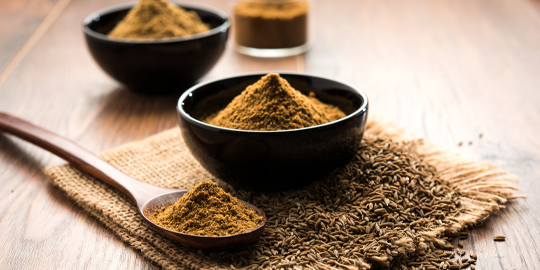
2. Source Of Dietary Fiber
The spice is also a great source of dietary fiber, which can help to promote regular bowel movements and reduce bloating. It is also known to increase the release of bile from the liver turning out to be beneficial for those with digestive issues such as irritable bowel syndrome, more commonly known as IBS.
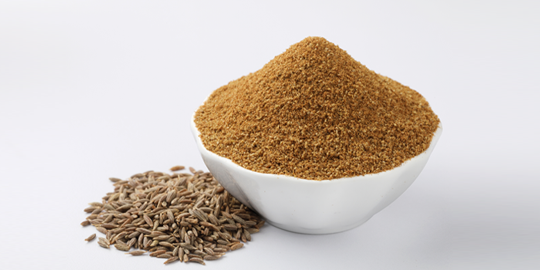
3. Antibacterial
Cumin is known to be an effective natural remedy for treating many types of infections, including common colds and flu. It has antibacterial as well as antiviral properties, which can help to soothe sore throats, reduce fever, and even fight off certain types of bacteria in the bloodstream.
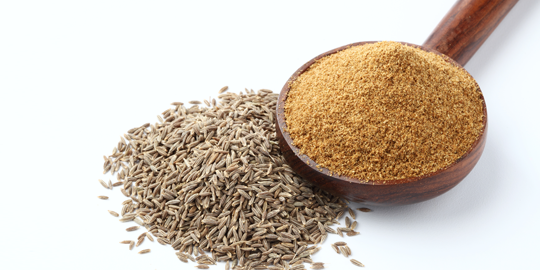
4. Improve Heart Health
Cumin is also known to be a good source of essential fatty acids. These fatty acids can help to reduce cholesterol levels and improve heart health. They can also help to reduce inflammation, which can be beneficial for people with joint pain and arthritis.

5. Anticancer Properties
There is evidence that cumin has anti-cancer effects. It has been discovered to be beneficial in lowering the chance of getting certain types of cancer as well as inhibiting the development of specific types of cancer cells.
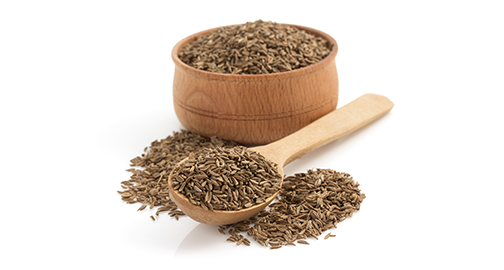
6. Skin Benefits
Cumin is known to be beneficial for skin health. It has anti-aging properties, which can help to reduce wrinkles and fine lines, as well as improve the overall texture of the skin. Cumin can also help to reduce acne, as it has antibacterial and antifungal properties.
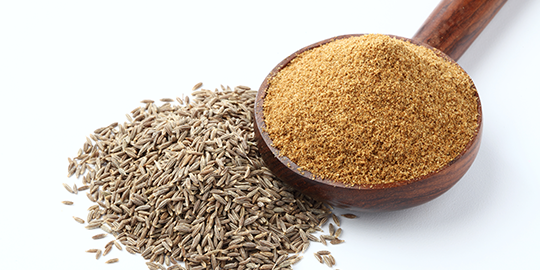
7. Fighting Insomnia
Cumin’s natural hypnotic properties and calming qualities help to relieve the tension and distress that frequently keep people up at night. Additionally, the spice offers melatonin, a hormone that regulates sleep, as well as sizeable levels of iron and magnesium, all of which are crucial for controlling brain activity and initiating sleep at the optimal time.
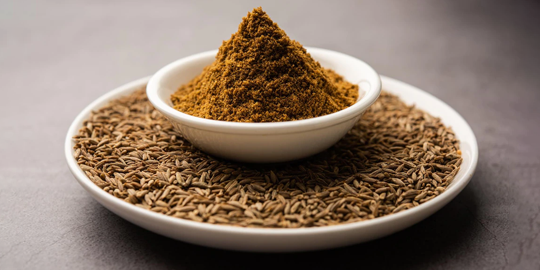
8. Improves Memory
Consuming cumin is good for the brain’s health since it is loaded with nutrients including niacin, zeaxanthin, riboflavin, and vitamin B6. By replenishing the brain cells, cumin aids in fostering improved mental health and cognitive functioning.

In conclusion, cumin is a spice with many health benefits. It can help to improve digestion, reduce inflammation and pain, boost the immune system, and even lower cholesterol levels. So, if you’re looking for a healthy way to spice up your meals, cumin is definitely worth considering. Our very own National Cumin Seeds provide a rich aroma and strong flavor along with health benefits, enabling you to prepare delicious meals every day.